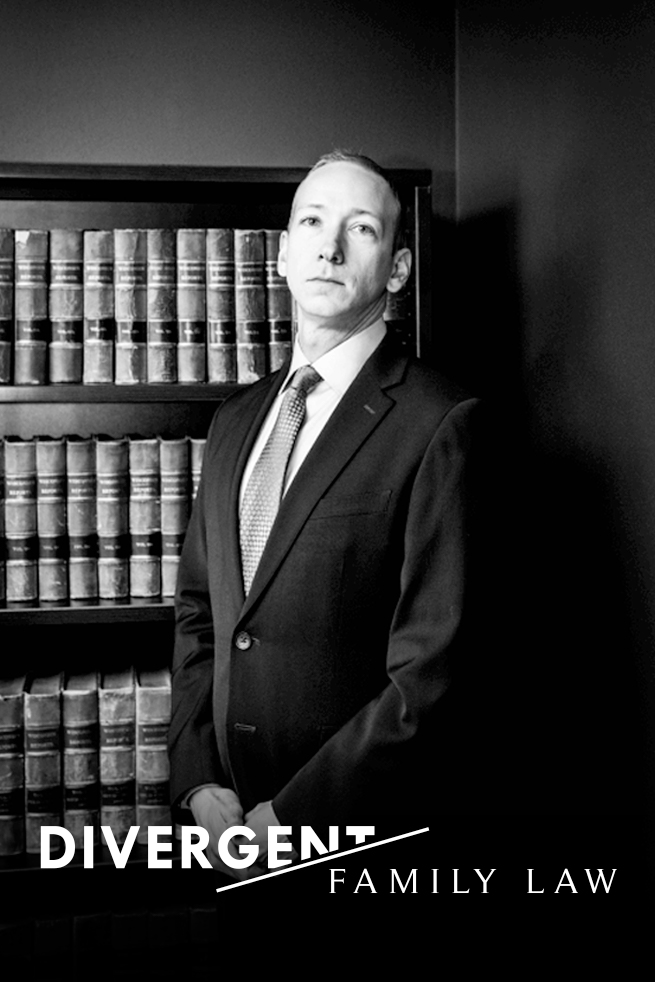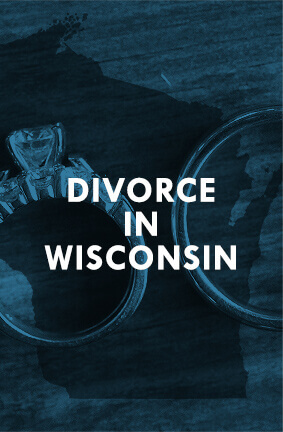What Is Represented Mediation In Wisconsin?
Represented mediation is where one or both parties are independently represented by an advocate during the divorce mediation process. Often court-ordered, this can also be upon the recommendation of counsel.
By definition, a mediator is a neutral party that does not represent or advocate for either party. The only objective a mediator has is to settle the disputes of the case. In Wisconsin, a party may choose to hire an advocate at any time during the mediation process as representation. Finding the right mediation advocate can make all the difference in ensuring your personal estate is accounted for during the full mediation process.
Do Courts Order Mediation?
The mediation process promotes an atmosphere of compromise by both sides. Typically, Wisconsin courts require parents to attempt mediation for resolving custody and placement disputes in a divorce. The court will reach out to the parties with initial paperwork and then a court-approved mediator will work with the parties to schedule the mediation. The mediator will manage the tone of the settlement discussions and the overall structure of the process the parties participate.
Do Courts Ever Not Order Mediation?
In certain circumstances, the court will not order mediation even if it normally would. The most common situation where a Wisconsin court would not order mediation is where there is a history of power imbalance issues, namely domestic violence, mental illness, or substance abuse. There is a screening process before mediation to detect these issues. When this screening fails to raise a red flag, you can opt out of the court mediation.
What to Expect with Divorce Mediation
- Mediation typically takes much less time than a litigated case in the court system.
- Mediation is confidential and any negotiations discussed in mediation cannot be used in court if the process fails.
- Mediation can be swift and cost-effective.
- Mediation is useful in dealing with sensitive and personal matters, meaning trust and collaboration need to exist during the process.
Litigating a divorce can be time-consuming and take a toll on a person. Cases that go to trial take all the power out of each party’s hands and leave the decisions surrounding your divorce up to the court. The Judge who presides over your case will be the one who determines how parents parent their children, who gets what property, spousal support, etc. This leaves a party very little control over their future, even if they have an attorney representing them. With mediation, the parties hold control and determine what is best for them and their future
Court-Ordered Represented Mediation in Wisconsin
A Judge will typically order mediation when the divorce is already underway and there is a dispute over the financial portion of a divorce. The court’s goal is to determine if there are any agreements the parties can come to before the case goes into a contested trial. This helps judicial efficacy and reduces congestion in the courts.
In Wisconsin, mediation is only enforced if there are contested issues where the parties are in disagreement. In such cases, the court will order couples to participate in mediation, regardless of representation, in hopes of meeting a resolution. Represented mediation, or the hiring of separate legal counsel, is encouraged during these situations to ensure all items of your personal estate are accounted for in the final agreement.
In some contested cases, a judge will order a specific mediator. In others, the judge will indicate the counsel must come together and agree upon a neutral mediator. The parties are then responsible for the fee of the mediator, which is commonly split equally between the two unless the court orders otherwise.
 Trisha Festerling
Divorce Attorney
Trisha Festerling
Divorce Attorney
 Corey Montiho
Divorce Attorney
Corey Montiho
Divorce Attorney
 Jeremy Chavez
Divorce & Criminal Defense Attorney
Jeremy Chavez
Divorce & Criminal Defense Attorney
 Stephannie Guzy
Divorce & Criminal Defense Attorney
Stephannie Guzy
Divorce & Criminal Defense Attorney
 Madeline Schlederer
Divorce Attorney
Madeline Schlederer
Divorce Attorney
 Chase Cripe
Divorce Attorney
Chase Cripe
Divorce Attorney
 Genelle Johnson
Divorce Attorney
Genelle Johnson
Divorce Attorney
 Hannah Smet
Divorce Attorney
Hannah Smet
Divorce Attorney
 Joseph Kennedy
Divorce & Criminal Defense Attorney
Joseph Kennedy
Divorce & Criminal Defense Attorney
 Kaitlin Grasswick
Divorce Attorney
Kaitlin Grasswick
Divorce Attorney
 Kira Visser
Divorce & Criminal Defense Attorney
Kira Visser
Divorce & Criminal Defense Attorney
 Tom Grieve
Divorce & Criminal Defense Attorney
Tom Grieve
Divorce & Criminal Defense Attorney
 Adam J. Kachelski
Divorce & Criminal Defense Attorney
Adam J. Kachelski
Divorce & Criminal Defense Attorney































